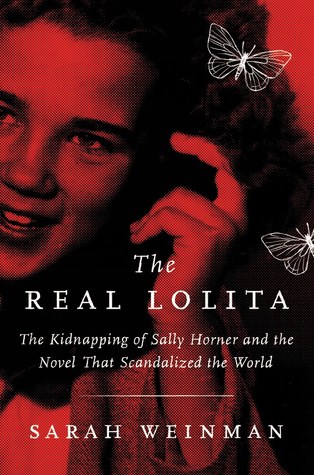More on this book
Community
Kindle Notes & Highlights
Read between
June 28 - July 11, 2022
For decades Sally’s claim to immortality was as an incidental reference in Lolita, one of the many utterances by the predatory narrator, Humbert Humbert, that allows him to control the narrative and, of course, to control Dolores Haze. Like Lolita, Sally Horner was no “little deadly demon among the wholesome children.” Both girls, fictional and real, were wholesome children. Contrary to Humbert Humbert’s assertions, Sally, like Lolita, was no seductress, “unconscious herself of her fantastic power.”
Lolita was my first encounter with an unreliable narrator, one who must be regarded with suspicion. The whole book relies upon the mounting tension between what Humbert Humbert wants the reader to know and what the reader can discern. It is all too easy to be seduced by his sophisticated narration, his panoramic descriptions of America, circa 1947, and his observations of the girl he nicknames Lolita. Those who love language and literature are rewarded richly, but also duped. If you’re not being careful, you lose sight of the fact that Humbert raped a twelve-year-old child repeatedly over the
...more
The prisoners in her book club were nowhere near so enchanted. An hour into the discussion, one of them looked up at Brottman and cried, “He’s just an old pedo!” A second prisoner added: “It’s all bullshit, all his long, fancy words. I can see through it. It’s all a cover-up. I know what he wants to do with her.” A third prisoner drove home the point that Lolita “isn’t a love story. Get rid of all the fancy language, bring it down to the lower [sic] common denominator, and it’s a grown man molesting a little girl.”


